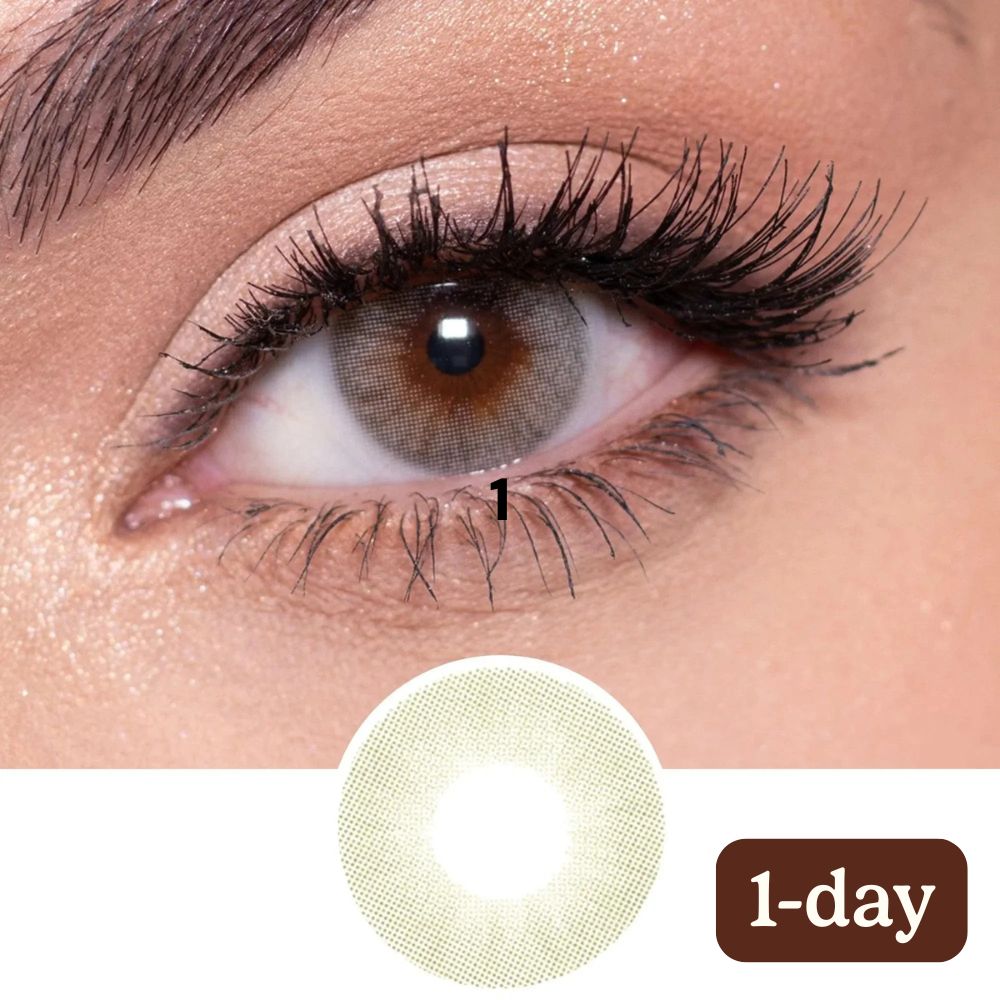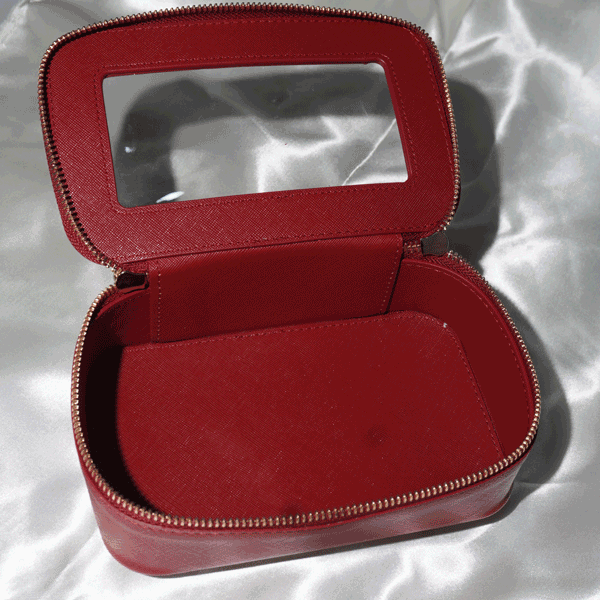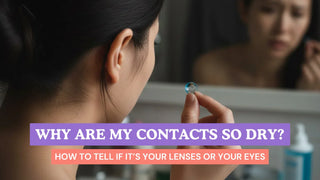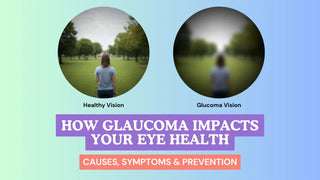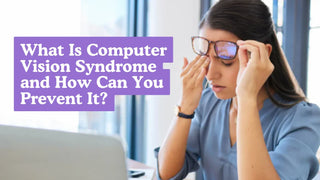In the world of eyewear, polarized sunglasses are often touted as the ultimate solution for glare reduction and visual comfort. But are they truly better than non-polarized lenses? This article explores the benefits, uses, and considerations of polarized sunglasses to help you make an informed choice.
What is a Solar Eclipse?
A solar eclipse occurs when the moon passes between the Earth and the Sun, temporarily blocking the Sun's light. There are three types of solar eclipses: total, partial, and annular. During a total solar eclipse, the moon completely covers the Sun, while in a partial or annular eclipse, only a portion of the Sun is obscured.
Understanding Polarized Sunglasses
Polarized sunglasses are designed to reduce glare from reflective surfaces like water, snow, and glass. They work by filtering out horizontal light waves, which can cause glare, providing clearer vision and reducing eye strain. While polarized lenses are excellent for everyday use, they are not designed to protect your eyes from the intense light of a solar eclipse.
Can Polarized Sunglasses Protect Against Solar Eclipses?
Polarized sunglasses are not suitable for solar eclipse viewing because they do not offer sufficient protection against the Sun's harmful rays. The intense light during an eclipse can cause permanent damage to the retina, known as solar retinopathy, which can lead to vision loss. Polarized lenses are not designed to block the concentrated solar radiation that occurs during an eclipse.
The Risks of Using Polarized Sunglasses During a Solar Eclipse
Using polarized sunglasses during a solar eclipse can give a false sense of security, leading viewers to expose their eyes to dangerous levels of ultraviolet (UV) and infrared (IR) radiation. This exposure can cause immediate and irreversible damage to the eyes.
Recommended Eye Protection for Solar Eclipses
Certified Solar Eclipse Viewing Glasses
To safely view a solar eclipse, it is essential to use certified solar eclipse viewing glasses. These glasses are made with special filters that block out harmful UV and IR radiation, allowing you to safely observe the eclipse. Look for glasses that meet the ISO 12312-2 international safety standard for direct solar viewing.
A photo of certified solar eclipse viewing glasses, clearly showing the ISO 12312-2 certification label on the lenses.
Where to Find Certified Solar Eclipse Viewing Glasses
A list of reputable sources for purchasing certified solar eclipse viewing glasses, such as online retailers, astronomy shops, and science museums.
In summary, polarized sunglasses are not safe for viewing a solar eclipse. To protect your eyes and enjoy the spectacle, use certified solar eclipse viewing glasses that meet the ISO 12312-2 standard. Always prioritize eye safety and ensure you have the proper protection before observing a solar eclipse.



